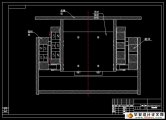永磁磁悬浮装置的磁场分析以及优化(有限元分析,含CAD图)(任务书,开题报告,外文翻译,论文说明书13400字,CAD图纸4张)
摘 要
本课题是针对南京艾凌节能技术有限公司预计8月份在包头参展的一个磁悬浮列车掩饰装置的项目。该装置主要由永磁体、导轨底座以及车体组成,装置利用永磁力将物体无机械接触地悬浮起来,保证车体与车轨之间存在空气气隙,使得车体向前运动时不与车轨发生摩擦。
永磁磁悬浮技术相对于电磁悬浮而言没有能耗,是绿色节能的一项技术,符合艾凌节能技术有限公司的中心理念。而且相对于电磁体,永磁体的永久充磁会显得更稳定,更安全。
本课题利用有限元方法进行磁场数值模拟以及分析,并进行优化设计,采用理论研究、数值模拟、优化设计、实验验证相结合,以获得承重性能与其相关量的关系,解决磁路设计、磁场分布规律及提高承重性能、稳定性等关键问题,从而建立永磁磁悬浮的设计理论和方法。
关键词:永磁磁悬浮;有限元分析;节能;优化
The analysis and optimization For magnetic field of permanent magnetic levitation
Abstract
This topic is for nanjing YiLing energy saving technology co., LTD., a project of maglev train. Permanent magnet magnetic levitation technology is the use of permanent magnetic force will be the object, is suspended with no mechanical contact, the device is mainly composed of permanent magnets, base, and suspension.
Permanent magnet magnetic levitation technology relative to the electromagnetic levitation without energy consumption, is a green energy-saving technology, in accordance with YiLing energy saving technology co., LTD., the center of the idea. And relative to the electromagnet, permanent permanent magnet magnetization can appear more stable, more safe.
This topic by using finite element method (fem) for magnetic field numerical simulation and analysis, and optimize the design, the theoretical research, numerical simulation, optimization design and experimental verification, the combination of relationship in order to obtain the transmission performance related, solve the magnetic circuit design, magnetic field distribution and improve the transmission performance of the key problems, which establish a permanent maglev design theory and method.
Key words: Permanent maglev; Finite element analysis; Aling; Energy conservation
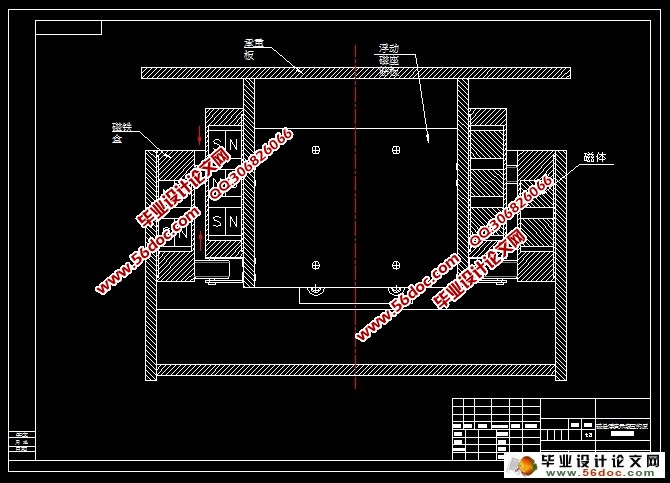
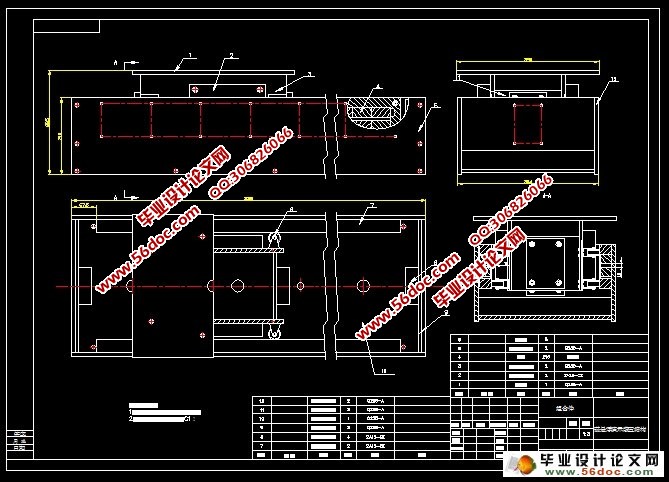
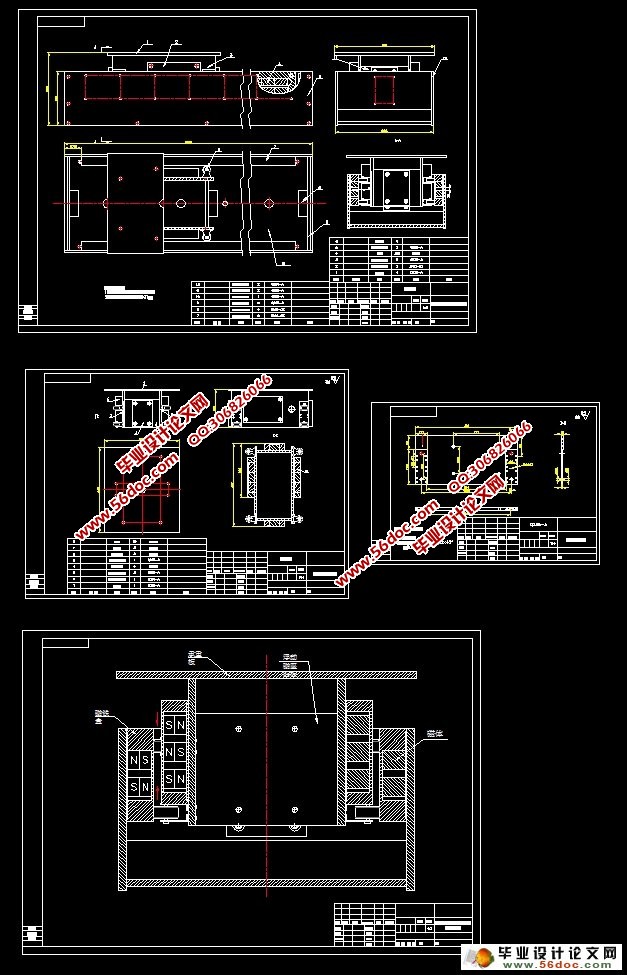
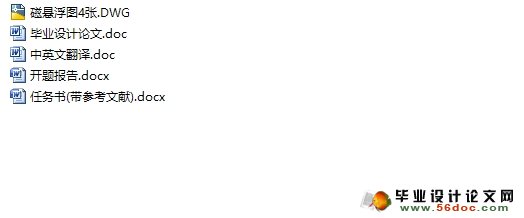
目 录
摘 要 III
Abstract IV
1 绪 论 1
2 磁悬浮演示装置的原理 4
2.1 磁悬浮的特点和原理 4
2.2 永磁磁悬浮 5
2.3 永磁磁悬浮演示装置的结构 6
3 磁悬浮装置的有限元分析 7
3.1 有限元分析的孕育及发展 7
3.2 有限元法的基本思想 7
3.3 有限元分析基本理论和步骤 9
3.4电磁场分析的基本原理 9
3.5对磁悬浮装置进行静态有限元分析 10
3.5.1三维建模 10
3.5.2材料的定义 12
3.5.3网格划分 13
3.5.4对模型施加约束 14
3.5.3对模型进行静态有限元分析 14
3.6对磁悬浮演示装置进行瞬态有限元分析 14
3.6.1建立三维模型 15
3.6.2对模型进行运动设定 15
3.6.3施加激励 17
3.6.4划分网格 18
3.6.5设定求解器 19
3.6.6对模型进行瞬态有限元分析 20
4.磁悬浮装置的优化 21
4.1浮动体与轨道间气隙的优化 21
4.1.1浮动体悬浮力的有限元分析 21
4.1.2悬浮体对于两侧导轨吸力的有限元分析 22
4.2磁体大小的优化 25
4.3磁悬浮装置稳定性的优化 26
5 结 论 27
参考文献 28
致 谢 29
|
